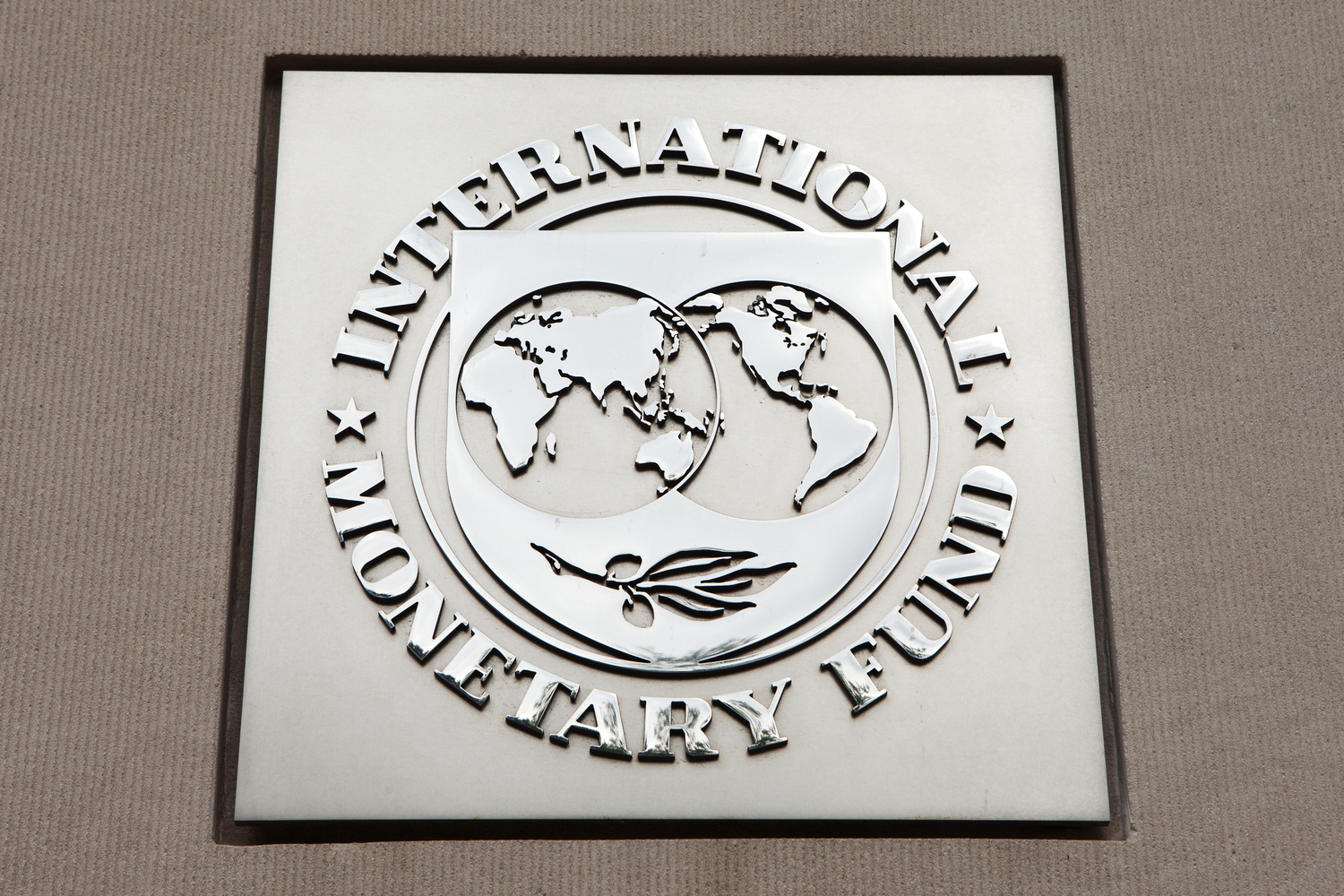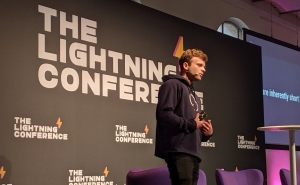IBM, Maersk Finally Sign Up 2 Big Carriers for Shipping Blockchain

Shipping blockchain TradeLens, developed by IBM and Maersk, has finally recruited two major marine cargo carriers to the platform after its early marketing efforts floundered.
The new additions are Mediterranean Shipping Company (MSC), the second largest after Maersk; and CMA-CGM, the fourth largest in terms of cargo carrying capacity.
MSC and CMA-CGM join other carriers Asia’s Pacific International Lines (PIL), Zim Integrated Shipping Services, and Maersk subsidiary Hamburg Süd, which, when combined, account for nearly half of the world’s ocean container cargo data, IBM said.
TradeLens also hosts over 100 supply chain operators from the shipping and freight forwarding world including port authorities, cargo owners and so on.
But the achievement of bringing a couple of Maersk’s very large rivals on to the IBM platform roughly a year after launch should not be underestimated in an industry with narrow margins for IT revamps and an inherent distrust among competitors.
Indeed, TradeLens experienced difficulties at first attracting rival carriers to the platform over concerns from some quarters that IBM and Maersk owned the intellectual property in a joint venture.
Still a joint venture
These concerns are somehow being addressed, but in such a way that did not come down to a matter of having to share actual ownership of the platform itself. According to an IBM spokeswoman:
“IBM and Maersk continue to be the sole owners of the TradeLens platform. The nature of an effective blockchain is to create an environment where multiple parties, often competitors, want to co-exist. Both CMA CGM and MSC are participating on the advisory board as part of the shared commitment to open governance.”
Marie Wieck, the general manager for IBM Blockchain, said Big Blue has simply stuck to its blockchain architectural principles of open source collaboration, emphasizing that everyone owns their own data and has the authorization to permit who gets to see that and what the privacy implications are.
Wieck told CoinDesk:
“They [carriers] they took a good hard look at this and saw the clear benefits of joining. This is real momentum that you are seeing in the market play out here. Now with CMA and MSC it really has reached a tipping point in terms of market maturity.”
CMA CGM and MSC will operate a blockchain node on the Hyperledger Fabric-based distributed ledger and participate in consensus to validate transactions. As such, the carriers will assume the critical role of acting as Trust Anchors, or validators, for the network. In addition, CMA CGM and MSC will be on the TradeLens Advisory Board to help promote the neutrality of the platform, said IBM.
Rajesh Krishnamurthy, executive vice president for IT and transformations at CMA CGM Group, said in a statement: “We believe that TradeLens, with its commitment to open standards and open governance, is a key platform to help usher in this digital transformation.TradeLens’ network is already showing that participants from across the supply chain ecosystem can derive significant value.”
André Simha, chief digital & information officer, MSC, added: “The TradeLens platform has enormous potential to spur the industry to digitize the supply chain and build collaboration around common standards. We think that the TradeLens Advisory Board, as well as standards bodies such as the Digital Container Shipping Association, will help accelerate that effort.”
Cargo ship image: Shutterstock









